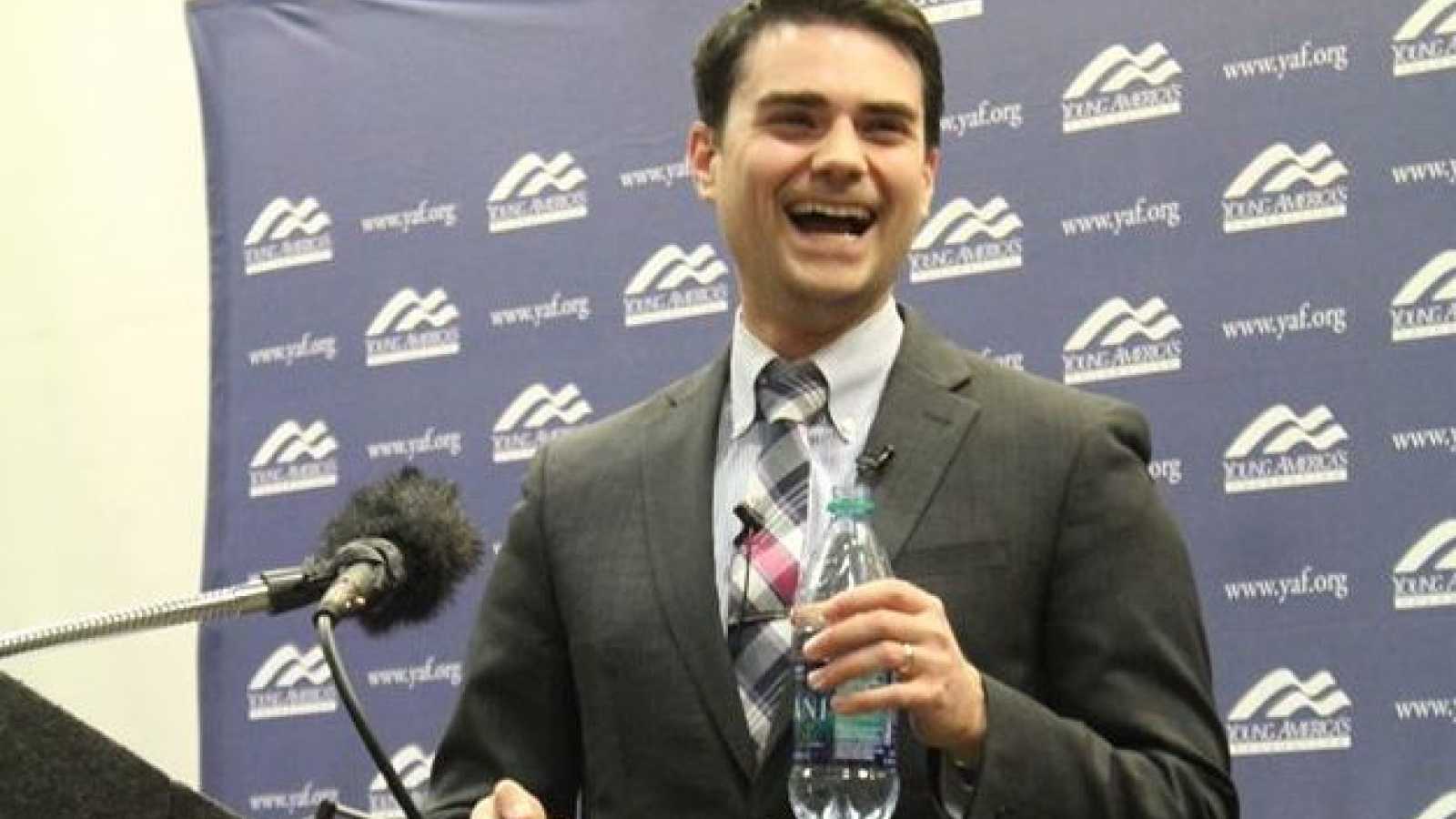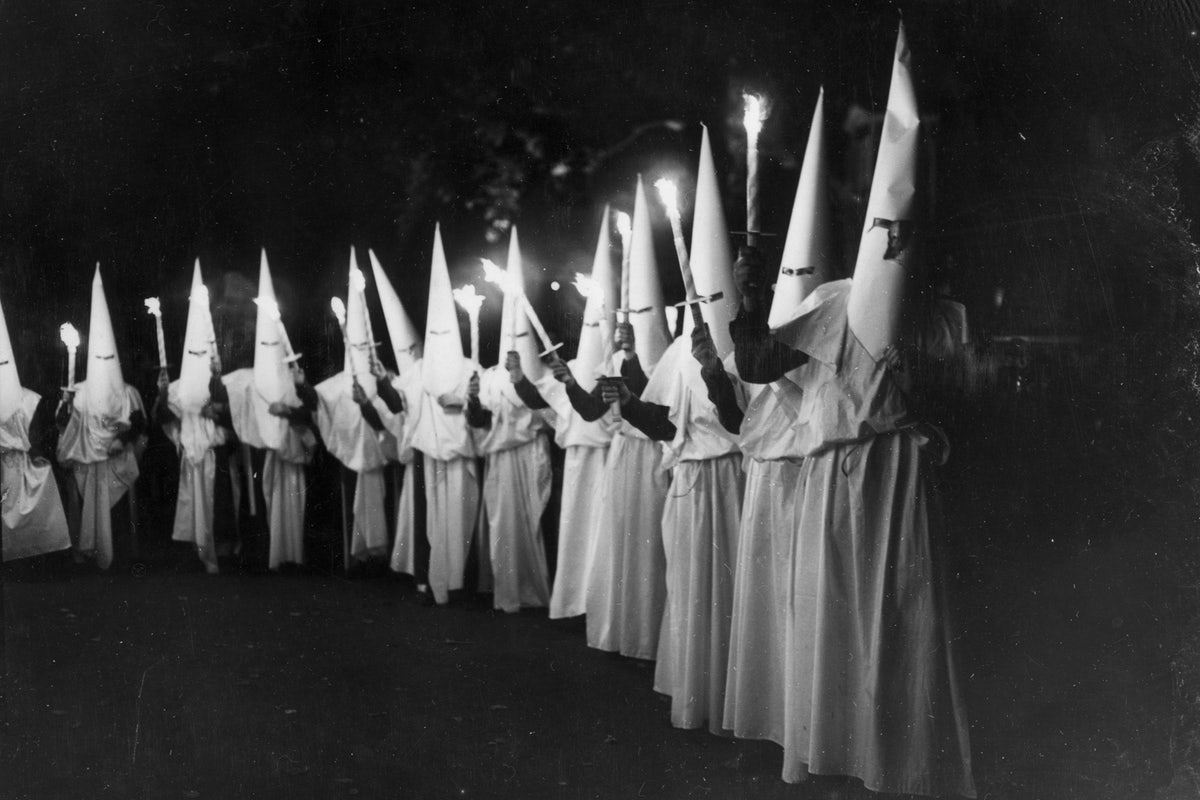White students to the back of the bus, please
08/21/2019 / By News Editors

The University of South Dakota is taking a bit of heat after posing questions to its law students about whether non-minority voices were “taking up space” in class discussions. In a slide presentation, students were asked a series of questions via a flowchart, and their answers determined whether they were “taking up space” or “contributing to a space” in the classroom.
(Article by Kelli Ballard republished from LibertyNation.com)
Campus Reform obtained the slides through a Freedom of Information Act request, and they show several controversial questions that have some academics, students, and others concerned. The flowchart guides the students with queries to determine if they are deferring appropriately to minoritized voices. Using the chart, I answered the questions. Perhaps I didn’t understand them fully, but my feedback led to me getting the answer: “You’re probably taking up space, maybe don’t?”
The first question on the chart sets the tone: “Will you be representing a relative minoritized identity?” If your response is yes, the next one delves deeper to make sure you are being honest: “Do you have enough perspective to represent that identity?” If you answer yes to both questions, congratulations, you are not taking up space. The conclusion seems to be: If you are a minority, you have earned your place, go to the head of the class. If you are a member of the majority, you are simply stifling and crowding out more deserving minority voices, keep quiet.
Not everyone is onboard with this type of skewed agenda-setting. Kevin Shieffer, president of the South Dakota Board of Regents, said he was opening an investigation into the diversity offices in state universities. The goal is to ascertain if such school policies push a left-leaning political agenda.
In a column for Aberdeen News, Shieffer said:
“…we should not inhibit or promote ideologies of the left or the right. They should all be presented, but none dictated. Balance and common sense are important. Student learning is and must remain the focus of the university experience. Exposure to diverse ideas in political, philosophical, scientific, literary, artistic and other disciplines is an important part of that experience. Manipulated indoctrination into any one of them undermines it. Students overwhelmingly support free speech and diversity, but oppose being forced to fund disruptions by media-starved extremists. We are committed to that end.”
Published on July 17, Shieffer’s article at first compliments the schools on their instruction and ability to stay out of the news. He then talks about making sure every student has a voice:
“Intellectual diversity at our universities is important. But we oppose misguided versions of it at the expense of intellectual integrity. Mandating louder voices from one ideological or political perspective to ‘balance’ those of the opposite ideology is not education. Loud and even extremist voices should not be feared or quashed. However, they should be neither mandated nor confused with intellectual rigor. Extremist liberal or conservative intolerance and filibuster inhibit free thinking and speech — and undermine critical thinking skills. We cannot allow the polarized ideological forces that program the bloviated talking heads of cable news to marginalize academic rigor at our universities.”
Campus Reform obtained the flowchart questions being asked of law students after complaints about them from conservative lawmakers. Are these questions harmless, or do they lead down a sinister road? Is the lesson really about being aware of others in a discussion and making sure everyone has a chance to represent, or is this just another in a long line of attempts to silence the “other side”?
Read more at: LibertyNation.com
Tagged Under: Agenda, bigotry, classroom, insanity, intolerance, left, left cult, Liberal Mob, lunatics, minority, political agenda, race war, school, Students, universities, university
RECENT NEWS & ARTICLES
COPYRIGHT © 2017 IDENTITY POLITICS NEWS


















